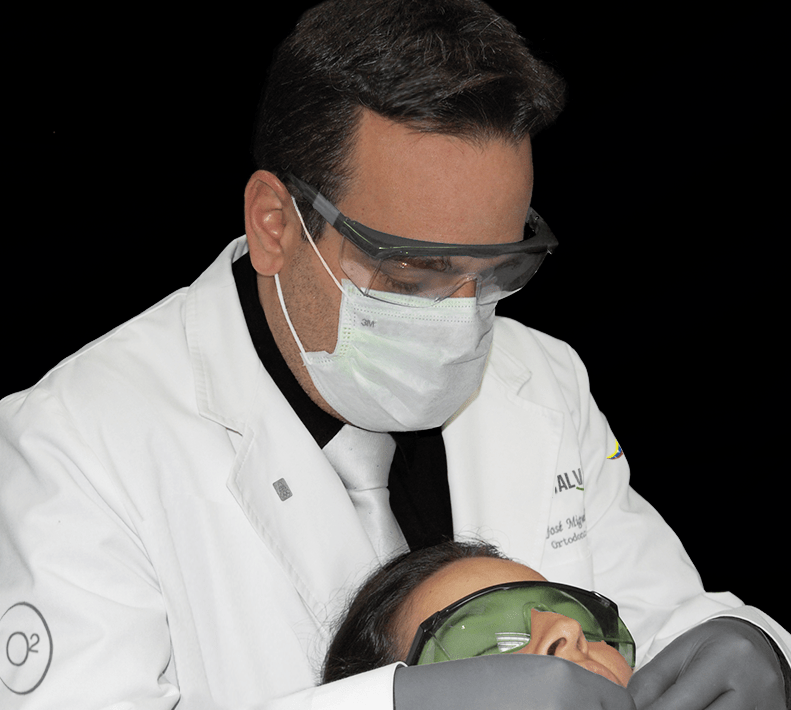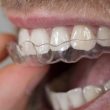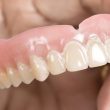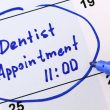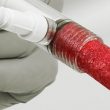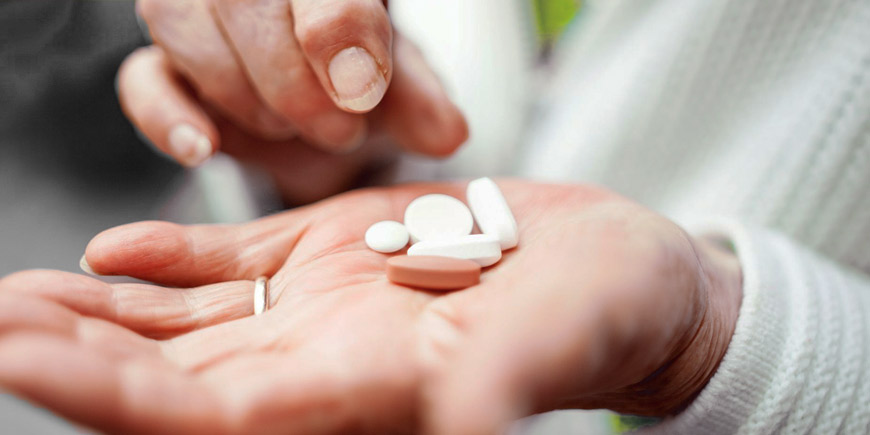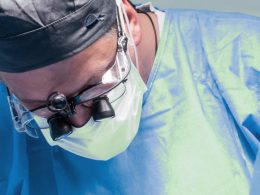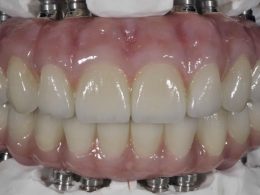Table of Contents
The intervention for the placement of Zygomatic and Pterygoid Implants is always much more complex and invasive than that of conventional implants, involving general anesthesia, operating room and a Maxillofacial Surgery. Therefore, it is essential to follow postoperative guidelines that promote and guarantee a rapid and satisfactory recovery of the patient.
Although this type of surgery is generally outpatient and does not require hospitalization, it is recommended that patients who visit us from abroad and travel alone, consider the possibility of staying 2 or 3 days in the clinic to receive all the necessary support and care in their immediate postoperative period.
If, on the contrary, you decide to withdraw on the same day of the intervention, the following considerations are of universal application:
Day 1
Take into consideration that you will feel mild discomfort while recovering from the effects of general anesthesia. You will need to keep as much ice as possible in contact with the skin of your face, at the cheekbones and cheeks to control inflammation. You may feel nauseous and will only be able to eat very soft or creamy foods such as scrambled eggs, soups, or oatmeal. Drink plenty of fluids, mainly mineral water and pineapple and papaya juices.
Day 2
Although you are probably relatively pain-free by now, you will need to continue taking the prescribed pain relievers and anti-inflammatories. Continue to apply ice to your face, resting as much as possible and on the semi-liquid diet.
Day 3
In most patients, the third day is when the greatest amount of swelling and hematomas begins to appear. Do not panic, it is completely normal for large bruises to form under the chin, neck, and around the eyes. Repose, rest, and drink plenty of fluids. From this day on, it is advisable to incorporate protein-based preparations or milkshakes.
General Care
- Do not touch or traumatize the surgical area with your fingers, tongue and/or any other object.
- Take the prescribed antibiotics religiously and without schedule alterations, since any secondary infection would put the success of the procedure at risk.
- Rest as much time as possible and sleep with a double pillow for 4 or 5 days, to avoid the possibility of breathing in blood or any other exudate.
- You can brush your natural teeth, but always with extreme delicacy and gentleness.
- Do not swish (remember that rinsing your mouth is one thing and swishing is another entirely).
- Warm salt water rinses or antibacterial mouthwashes are recommended, especially after eating, to remove solid particles or debris from your mouth.
- Do not smoke for at least 3 weeks after the intervention, as this habit seriously interferes with the healing process.
- Do not blow your nose for 2 weeks after the operation, as it could have very serious consequences.
- We recommend that you use a nasal decongestant such as Afrin® for 10 days, to promote the drainage of the maxillary sinuses.
- If you have to sneeze, do it with your mouth open, without obstructing the air outlet.
- Do not panic if you feel loose stitches or threads in your mouth.
- In most cases, absorbable sutures are used, so they do not need to be removed.
- The stitches will disappear in about 10 days. If appropriate, the clinic staff may remove them during your follow-up visit.
- Do not use the Waterpik or any other mechanical oral hygiene device for at least 15 days.
- In the event of any emergency or eventuality, contact the Surgeon immediately.
Swelling and Hematomas
Swelling and bruising are common and normal in Maxillofacial Surgery. They can be minimized by applying a large amount of ice or cold compresses on the cheekbones and cheeks, preferably wrapped in a towel so as not to burn the skin.
Cold should be applied as long as possible at 20 minute intervals for the first 48 hours after surgery. Also, be sure to take the prescribed anti-inflammatory as directed.
Do not use ice after the third day, unless instructed to do so. Instead, apply moist heat to discolored areas of skin to speed up the fading of abnormal color. To do this, moisten a towel and microwave until warm (not hot) and place on skin until cool. Repeat the procedure several times and for several days, until the discoloration disappears.
Persistent Bleeding
It is very common to experience some bleeding during the first days after the intervention. It is a completely normal circumstance.
The bleeding should gradually decrease and the color should change from red to brown, until it disappears completely, approximately on the fifth or sixth postoperative day.
If at any time the bleeding becomes profuse or prolonged, place sterile gauze pads over the origin of the bleeding, bite them with some pressure and contact the Specialist immediately.
Medications for Pain and Inflammation
Unfortunately, most oral surgeries are accompanied by some degree of discomfort and pain.
Effective postoperative pain management is an essential component of surgical patient care. Its advantages include patient comfort and, therefore, his satisfaction; a faster recovery, a quick return to his usual routine and a lower cost of treatment.
Pain management and infection prevention protocols must be tailored to the individual requirements of each patient, to ensure adequate levels of safety and postoperative relief. However, and by way of illustration, we will make a brief general description of the most used drugs, and of which our objective will hardly escape.
Nonsteroidal anti-inflammatory drugs (NSAIDs) are the most widely used drugs for the management of pain and surgical inflammation in this type of cases. NSAIDs are routinely prescribed for mild to moderate postoperative pain and will be supplemented or replaced with opioid analgesics in severe pain situations.
In the vast majority of cases we prescribe ibuprofen 400 mg (Motrin® or Advil®), 1-2 tablets every 8 hours for 3 days. If you cannot take ibuprofen or are allergic to NSAIDs, we will give you acetaminophen and, if necessary, an additional anti-inflammatory medication.
Weak opioid analgesics are used very rarely and only in cases of moderate to severe pain. Codeine is the most widely used, but may also be administered small doses of morphine, oxycodone or tramadol in the more rebellious situations.
Although we do not know of any case that has required barbiturates, narcotics and other depressants of the central nervous system, this type of medication in the postoperative period could be useful in excessively nervous, apprehensive individuals or those who have disabilities that prevent them from cooperating before or after the surgical act.
Antibiotics
Antibiotic prophylaxis in Oral and Maxillofacial Surgery aims to prevent infection in the surgical wound, either due to the characteristics of the surgery or the general condition of the patient.
Take the indicated antibiotics in a religious way, for a minimum period of 8 days and without omissions or schedule changes. Keep in mind that, as we already said, any secondary infection would jeopardize the success of the treatment.
Our antibiotic therapy of choice varies between penicillin derivatives with beta-lactamase inhibitors (amoxicillin-clavulanate, ampicillin-sulbactam), second or third generation cephalosporins, quinolones or clindamycin. The indication of your medications will be completely personalized and will vary depending on the type and approach of the surgery.
Mouth Rinses
It is essential to keep your mouth clean after surgery. Rinsing should not start until 24 hours after surgery. You can use 1/4 teaspoon of salt dissolved in an 8-ounce glass of warm water and rinse gently with sips of the solution, taking five minutes to finish the entire glass.
Do not swish! One thing is to rinse your mouth and another to swish and gargle. For sure, during the first few days, swish will cause bleeding. Simply put water or mouthwash in your mouth, let it flow by moving your head slightly from side to side, and tilt your head forward to allow the liquid to flow out by gravity. You don’t need to move your cheek muscles to do this!
Repeat as many times as you like, but do it at least two or three times a day. We may also provide you with a prepared mouthwash, in which case please follow the instructions on the bottle and rinse for 30 seconds three times a day.
Do not use commonly available mouthwashes such as Oral B® or Listerine®, as they contain alcohol and are detrimental to wound healing.
Nauseas
Nauseas are uncommon after surgery, but can occur and be very unpleasant. If this is the case, the cause of nausea is usually prescription pain relievers. This symptom can be reduced by preceding each pain pill with a small amount of bland food and taking the pill with a large amount of water.
Try to continue drinking clear liquids and minimize the dose of pain relievers as much as possible. Based drinks ginger can help with nauseas. Do not eat heavily until they are completely gone. Then restart your intake with light foods and move on to more solid ones as you tolerate them. If nauseas or vomiting persists, call us immediately to adjust medication or change route of administration.
Activity and Exercise
The biggest consequence of exercise after surgery is increased pain and bleeding. For this type of procedure, most patients should avoid physical exercise for the first 7-10 days of the postoperative period. Also, you will need to use extreme caution if you are prescribed narcotic pain relievers, as they cause drowsiness.
It is always best to relax and enjoy your accommodation or some good movies at home for 1-2 weeks.
Foreign Bodies
If you feel something hard or sharp edges in the surgical areas, you are likely feeling the bony walls that once supported the extracted teeth, or the emergence profile of your long implants. From time to time, small bone chips may appear in your mouth during the week following the procedure. If you are extremely concerned or uncomfortable, please call us immediately.
Diet
Consume any nutritious food that you can comfortably eat. Avoid very hot or very cold foods. Do not use straws for the first few days. It is advisable to limit the intake of the first day to liquids or pureed foods (soups, puddings, yogurts, milkshakes, etc.). Avoid foods like grain, walnuts, sunflower seeds, and popcorn, which can get stuck in the surgical area.
Over the next few days, it is usual to gradually progress to more solid foods. It is important not to skip meals! Eating high-protein, high-calorie foods regularly will help you feel better, gain strength, have less discomfort, and heal faster.
“Be Very Applied in Your Postoperative! Remember that Any Trauma or Secondary Infection, Could Cause the Rejection of Your Implants”.
DENTAL TIP
Send Us All Your Diagnostic Studies, We Are Just One Step Away!
Globalization and dental tourism are two extraordinary tools to access first level Dentistry. Currently millions of people travel to other countries in search of opportunities and prices that allow them to face their dental treatments; and thus, recover your smile.
Wherever you are, generally in a few hours you can arrive in Venezuela, move to a comfortable hotel and immediately start your oral rehabilitation process with dental implants, porcelain veneers and 100% metal-free ceramic structures; at just a fraction of the cost you would have to pay in your country of residence.
It is almost certain that to travel or not to travel will mean the difference between satisfaction and resignation, or at best; between simply getting “something” or being able to access “the best option”. At DENTAL VIP we are very good hosts and excellent professionals.
Contact us and find out how traveling to Venezuela can improve your self-esteem and quality of life!
